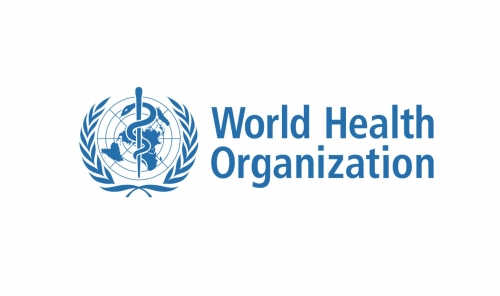WHO must cut budget by a fifth after US pullout: email
AFP | Geneva, Switzerland
Email : editor@newsofbahrain.com
• Last month, the WHO’s executive board reduced the proposed budget for 2026-2027 from $5.3 billion to $4.9 billion.
• Most of the US funding was through voluntary contributions for specific earmarked projects, rather than fixed membership fees.
The World Health Organization (WHO) has proposed slashing a fifth of its budget following the US decision to withdraw, according to an internal email seen by AFP on Saturday.
In the WHO's last two-year budget cycle, for 2022-2023, the United States contributed $1.3 billion, representing 16.3% of the WHO’s $7.89 billion budget. Now, the organization faces a nearly $600 million income gap in 2025 and must reduce its reach and workforce, WHO Director-General Tedros Adhanom Ghebreyesus said in the email sent to the agency's staff on Friday.
The withdrawal of the US from the WHO, triggered by President Donald Trump’s decision in January to freeze nearly all US foreign aid, including significant contributions to global health, has left a substantial hole in funding. The United States had been by far the WHO's largest donor.
"Dramatic cuts to official development assistance by the United States of America and others are causing massive disruption to countries, NGOs, and United Nations agencies, including WHO," Tedros stated in the email. He added that even before the US initiated its one-year pullout process, the WHO had been facing financial constraints and had already begun working on efficiency measures over nine months ago.
"The United States' announcement, combined with recent reductions in official development assistance by some countries to fund increased defense spending, has made our situation much more acute," Tedros said.
"While we have achieved substantial cost savings, the prevailing economic and geopolitical conditions have made resource mobilization particularly difficult," he concluded.
Related Posts

